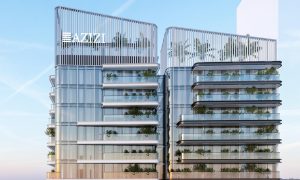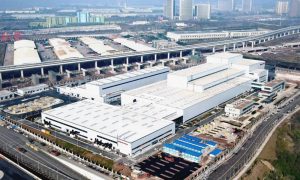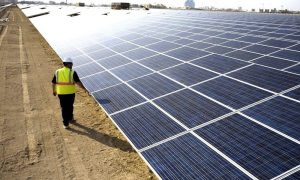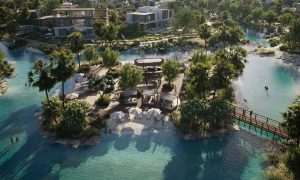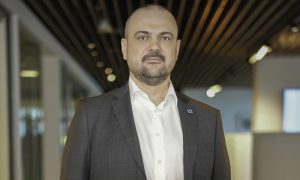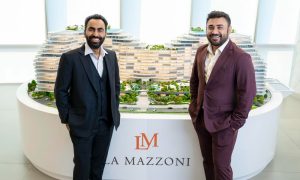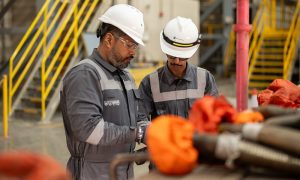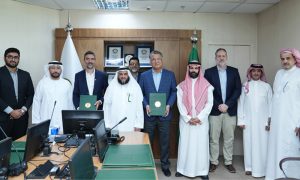RSG opens first mangrove nursery in support of aim to plant 50m mangrove trees by 2030
Mangrove nurseries must be protected from natural threats in their own habitats such as storms, extreme high tides, grazing animals, and algae that feed on them
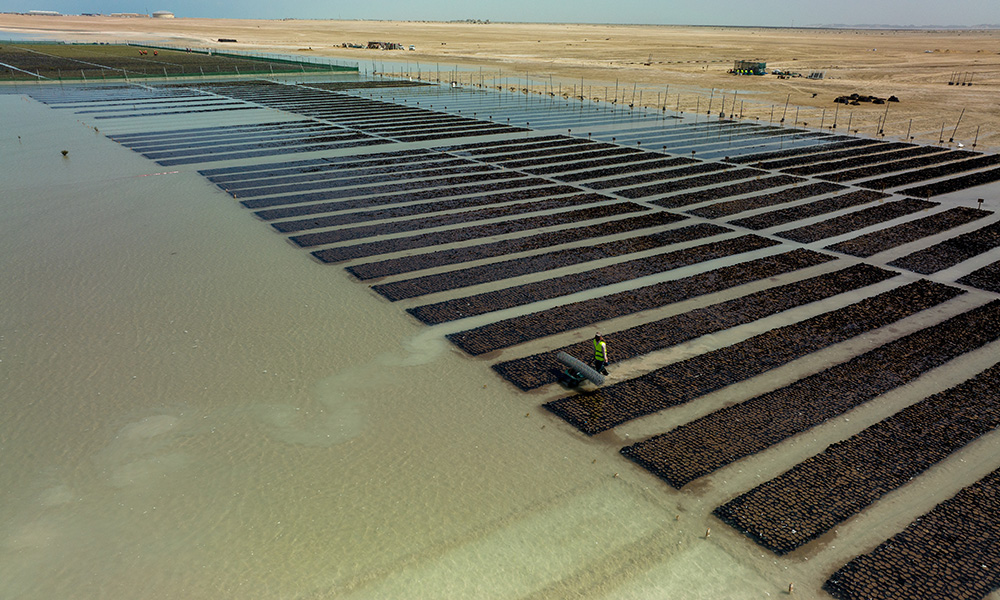
Red Sea Global (RSG) has opened its first mangrove nursery, which will support the developer’s goal to plant 50m mangrove trees by 2030. The initiative is said to closely align with the national objectives of the Saudi Green Initiative and RSG’s commitment to conserving and revitalising the Kingdom’s Red Sea coast, underpinned by an overarching ambition to deliver a 30% net conservation benefit by 2040.
The seedlings will be cared for in the nursery for approximately eight months until they grow to 80cm, at which point they will be carefully transplanted in designated mangrove parks within the destination. RSG’s experts chose to cultivate native mangrove species to increase the chances of survival, such as the Rhizophora Mucronate (red mangrove) and the Avicenna Marina (gray mangrove), the statement noted.
“We hold the utmost respect for the environment in which we operate and recognise it as our most valuable asset. It is our shared obligation to not only safeguard it but also proactively enhance it wherever possible. The successful opening of our Mangrove Nursery is a testament to that unyielding dedication to the preservation and rejuvenation of the Red Sea coastline,” said John Pagano, Group CEO at Red Sea Global.
He added, “While we will continue to explore novel approaches, embrace cutting-edge methodologies, and utilise innovative technology, often nature already provides the greatest solutions. The power of mangrove forests to store carbon, to manage flooding and stabilise coastlines, and to provide shelter for fish and other organisms, makes them one of nature’s super ecosystems. Our Mangrove Nursery will increase numbers of mangroves and boost biodiversity, ensuring we reach the environmental ambitions we have set ourselves.”
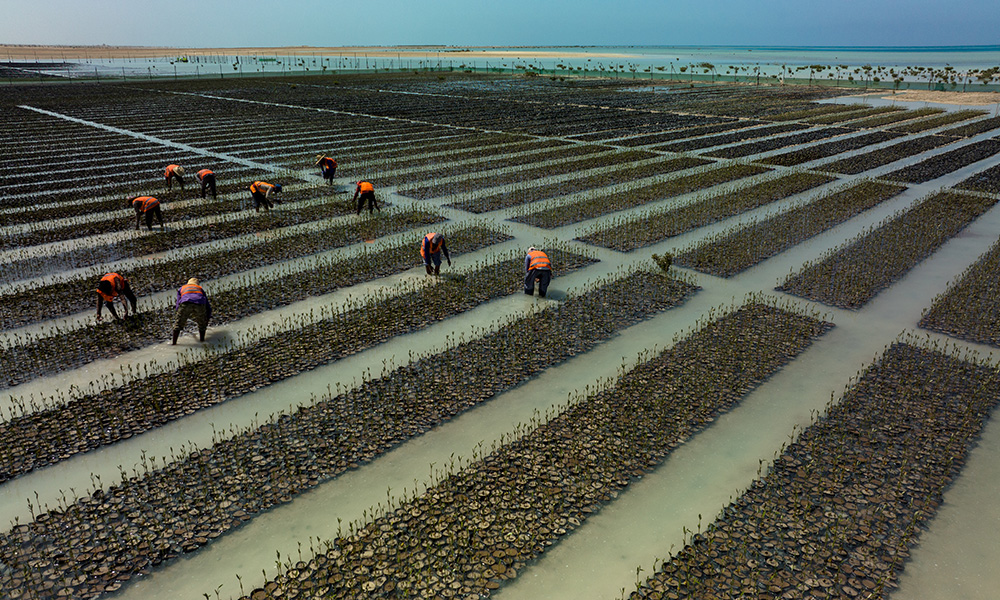
Raed Albasseet, Group Chief Environment and Sustainability Officer at RSG added, “The establishment of a sustainable mangrove ecosystem is a key part of our commitment to protect and enhance the natural environment of our destination. These trees are among the most efficient tools we have for carbon sequestration, with the capacity to absorb up to 5-10 times more carbon than other plants. Coupled with the positive impact on biodiversity, the successful cultivation of seedlings forms a central pillar in our ambition to achieve a 30% net conservation benefit across our destinations. I speak for the entire team when I express my pride in reaching this milestone moment for our organisation.”
Mangrove nurseries must also be protected from natural threats in their own habitats such as storms, extreme high tides, grazing animals, and algae that feed on them. RSG has implemented the highest measures of protection for the nursery to minimize any harm to the seedlings. The dedicated mangrove parks will soon form part of the guest experience, being open for visitors to explore and learn more about the important role they play in natural ecosystems, the developer stated.
Tarik Alabbasi, Environmental Programs Director at RSG remarked, “The process of the cultivation and transplantation of mangrove trees is highly technical requiring significant planning and proficiency. Since mangrove forests require water to survive, nurseries are typically located near a source of water within the intertidal zone to ensure the optimal growth of the seedlings. We need to carefully track the tide cycles to find periods of low tide in addition to consistently monitoring the weather to avoid windy days.”
The establishment of the mangrove nursery is the latest initiative launched by RSG to protect and enhance key habitats crucial to biodiversity. Previous projects include the first-ever successful transplantation of native Doum Palm Trees, achieved earlier this year, and the establishment of pioneering floating coral nurseries to help expand the region’s coral reefs. The group also regularly conducts environmental surveys of wildlife ecosystems to track impacts and improvements, to optimize its approach, and ensure it reaches its regenerative goals, the statement outlined.
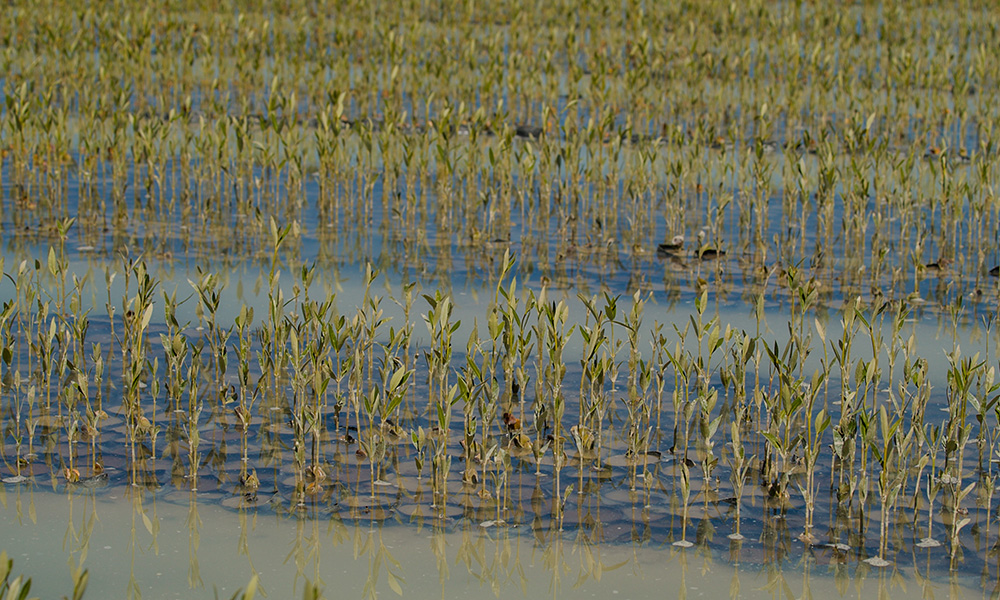
The Red Sea destination is on track to welcome its first guests this year, when the international airport and the first hotels will open. Amaala will be opened to visitors soon after in 2024, the developer concluded.
